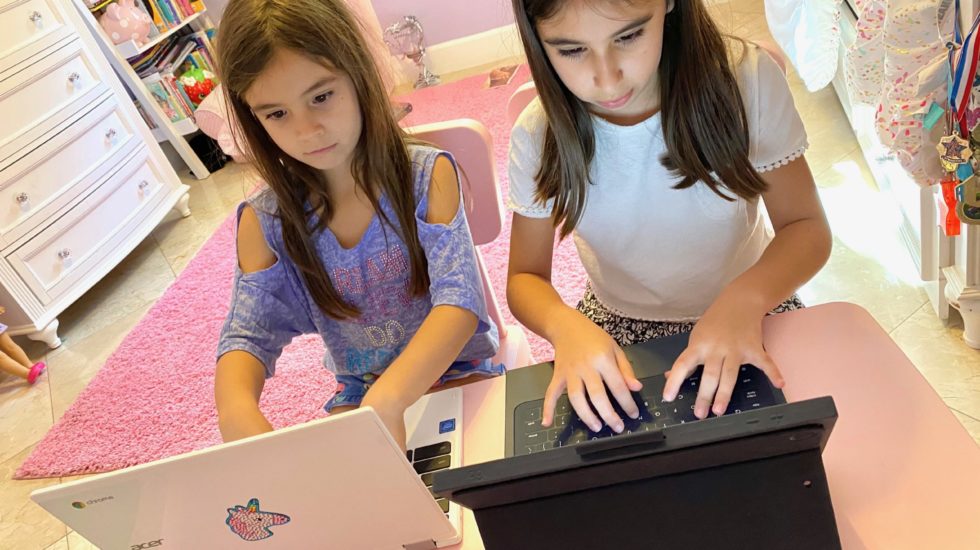For those of us with children at home, we can’t help but notice the toll that the quarantine is taking on their lives, regardless of age. We can shelter them from the constant barrage of horrific headlines, at least to an extent, but there is no way to avoid how this pandemic has short-circuited their lives. Most of us are now home around the clock, our kids by our sides, or nearby in their “virtual” classrooms. We’re all getting less physical and social activity. Add it all up and we are facing unprecedented disruptions, and for many, the collective change is causing issues.
Naomi Rosenkranz has been counseling patients via tele-health for her family therapy practice in Miami, Florida. As a mother of two boys, she also has first-hand experience. She tells us, “The COVID-19 pandemic has been a collective trauma and stressful for many families:”
Kids are experiencing a disruption in routine, feelings of stress, and isolation. When not managed well, these immense changes can lead to chronic anxiety and depression, which are often observed in behavior changes and somatic complaints. Kids are extremely sensitive to stress in their environments, meaning kids are only going to be as good as their parents, so self-care is not a luxury rather a necessity. Therefore, when parents inquire about what they can do to help their kids, I often reply “monkey see monkey do”. Modeling is central, therefore if the parents are emotionally dysregulated how are we going to teach our kids to manage their anxiety?
Some children are having trouble falling asleep, asking a lot of questions, and acting out in various ways. Miami, Florida pediatrician Dr. Gary Kramer says he has seen a direct impact on patients:
Children manifest stress in ways that are sometimes surprising to us. Because toddlers and young children are often developmentally at an age where they cannot verbalize their stress and anxiety and oftentimes lack the ability to process what they are surrounded by in a concrete manner, they tend to internalize plenty of issues and feelings. In turn, they often somaticize these feelings of stress.
Two of the most common “conversion” disorders are complaints of abdominal pain and headaches. When reported together in the absence of any other symptoms over an extensive period of time, we tend to think that this is an expression of stress.
Dr. Kramer says there are other ways the situation impacts their health as well:
Other physical complaints masquerading as underlying stress are prolonged intermittent diarrhea, sleep disturbances, appetite fluctuations, motor tics, joint pains, fatigue, and sometimes aggressive as well as self-injurious behaviors.
It is important to remember that we should generally only draw these diagnoses by the exclusion of other definable medical illnesses.
Dr. Kramer adds, “Once we are comfortable with the conclusion of a complaint being stress-related, the best intervention is to provide security and reassurance and to give them love. That is the best medicine for them.”
Rosenkranz agrees, “The biggest thing that I have learned through this pandemic is both compassion for my kids as well as self-compassion. There is an idea of being a good enough parent, but right now we are in survival mode, meaning that if kids have extra screen time for YOUR own mental health then so be it. There is a saying that I have heard in the perinatal therapy world if our kids are fed, clean, and loved that is enough right now.”



